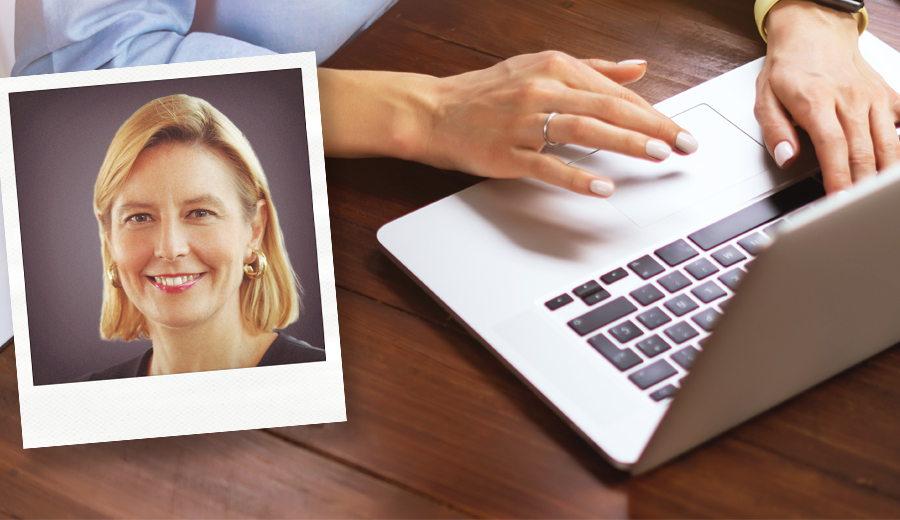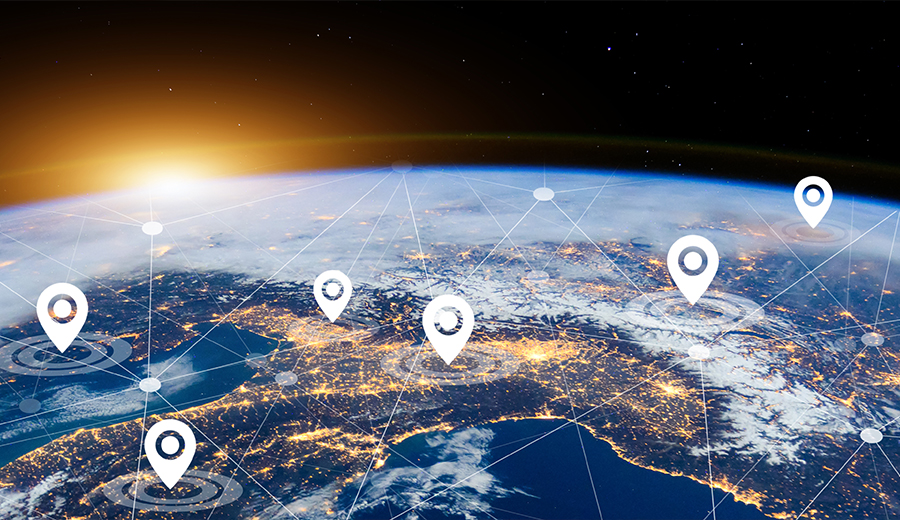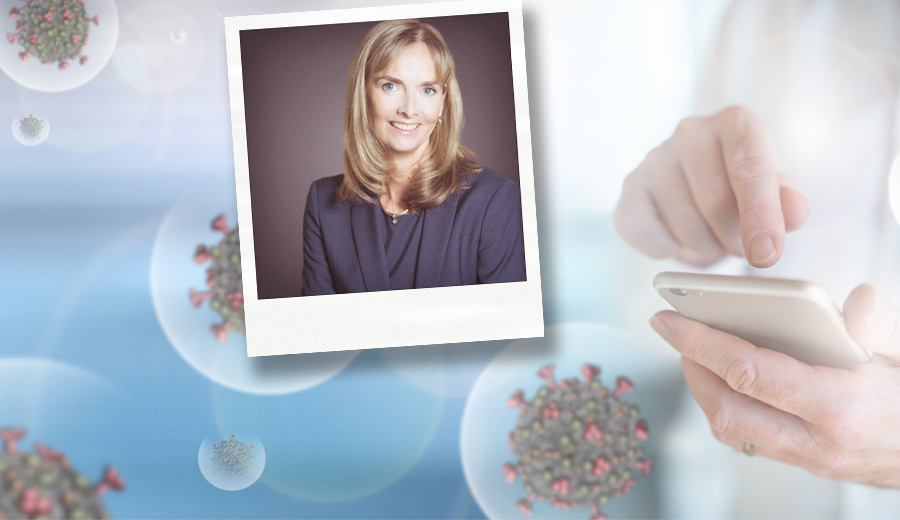
Some certainty in uncertainty – humble lessons from the COVID-19 pandemic
We asked female leaders, who will be speaking at our summit in 2021, to share their personal thoughts on the challenges, opportunities and new perspectives they have personally encountered as they navigate through the still ongoing Covid-19 pandemic. This special series should inspire and encourage you to continue to manage the crisis in the best possible way. This is where Béatrice Guillaume-Grabisch, Executive Vice President at Nestlé, has her say.
I was travelling for work in Mexico when I fully realized that the COVID-19 pandemic was going global. We had seen the situation unfold in China and had taken strong measures there to protect our people and safeguard supplies. As the coronavirus started to spread, we knew that we had to take wider action.
From our offices in Mexico (before rushing home), I worked with colleagues so that on February 25, we were able to issue our first global guidance to stop international travel for work.
Executive Vice President, Global Head of Human Resources & Business Services | Nestlé, Switzerland
A SET OF RULES TO PROVIDE CONFIDENCE IN UNCERTAIN TIMES
It was a huge step for a global company like ours, recognizing the world-wide dimension of the crisis. People were anxious, and rightly so. We signaled that we were asking them to put safety first. Those restrictions remain in place to this day.
We then added stringent safety measures to protect our people, our business partners and our consumers. A framework to support our frontline workers included measures such as generous sick leave arrangements and full wages for hourly and salaried staff affected by temporary stoppages. Once testing became widely available, we offered that to our people, too.
We are being vigilant, flexible and adaptable regarding home working for those who are able to do so. Remote work and home office were already part of our culture. Still, going fully virtual in many places was a big change, and we made it possible.
ALL MANAGEMENT LEVELS PITCH IN
The really interesting thing for me is that everyone in senior management at Nestlé has become even more hands-on as we deal with the day-to-day challenges of COVID-19.
Every step we are taking is designed to – in a decisive but humble way – create some certainty in uncertainty. I think that is what has marked the very best political leaders in this crisis, too. You have to admit that you don’t have all the answers, that this is an uncertain situation, but then work hard to create as much certainty as possible.
What the best leaders have also understood is that this crisis affects people physically and emotionally.
The pandemic has been a tragedy, costing lives and livelihoods. It has also weighed heavily on everyone, so we must find ways to keep spirits up. Hopefully people can do that in their private lives, but at work we should also talk and share more. Nestlé witnessed some extraordinary examples of employee engagement and motivation across all the countries we work in. These heroic stories were relayed to all staff, helping strengthen team spirit and lift morale.
LESSONS LEARNED FOR THE FOLLOWING PERIODS
What we must also do is find the opportunities coming out of this crisis to make lasting change. A key one is that we are learning new ways of working that can give us more flexibility and improve our work-life balance. Even more importantly, this crisis is another reminder that we need to take care of ourselves and our planet, including a healthy and sustainable food system.
After a difficult 2020, let’s look forward to 2021 with a little more optimism. Even if this pandemic is far from over, the quick development of promising vaccines for COVID-19 gives us hope. Above all, let’s keep trying to create little bits of certainty in these uncertain times.
Comments
No Comments


